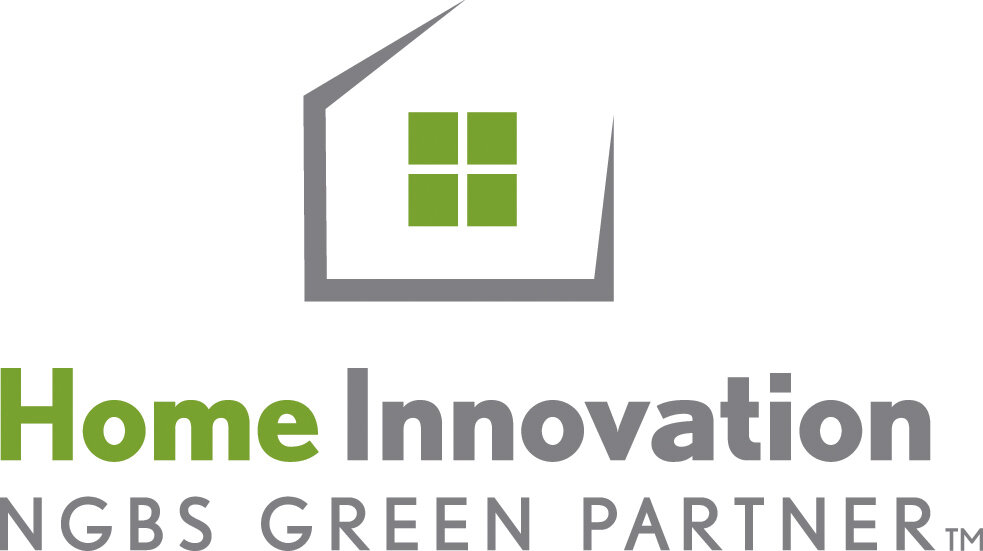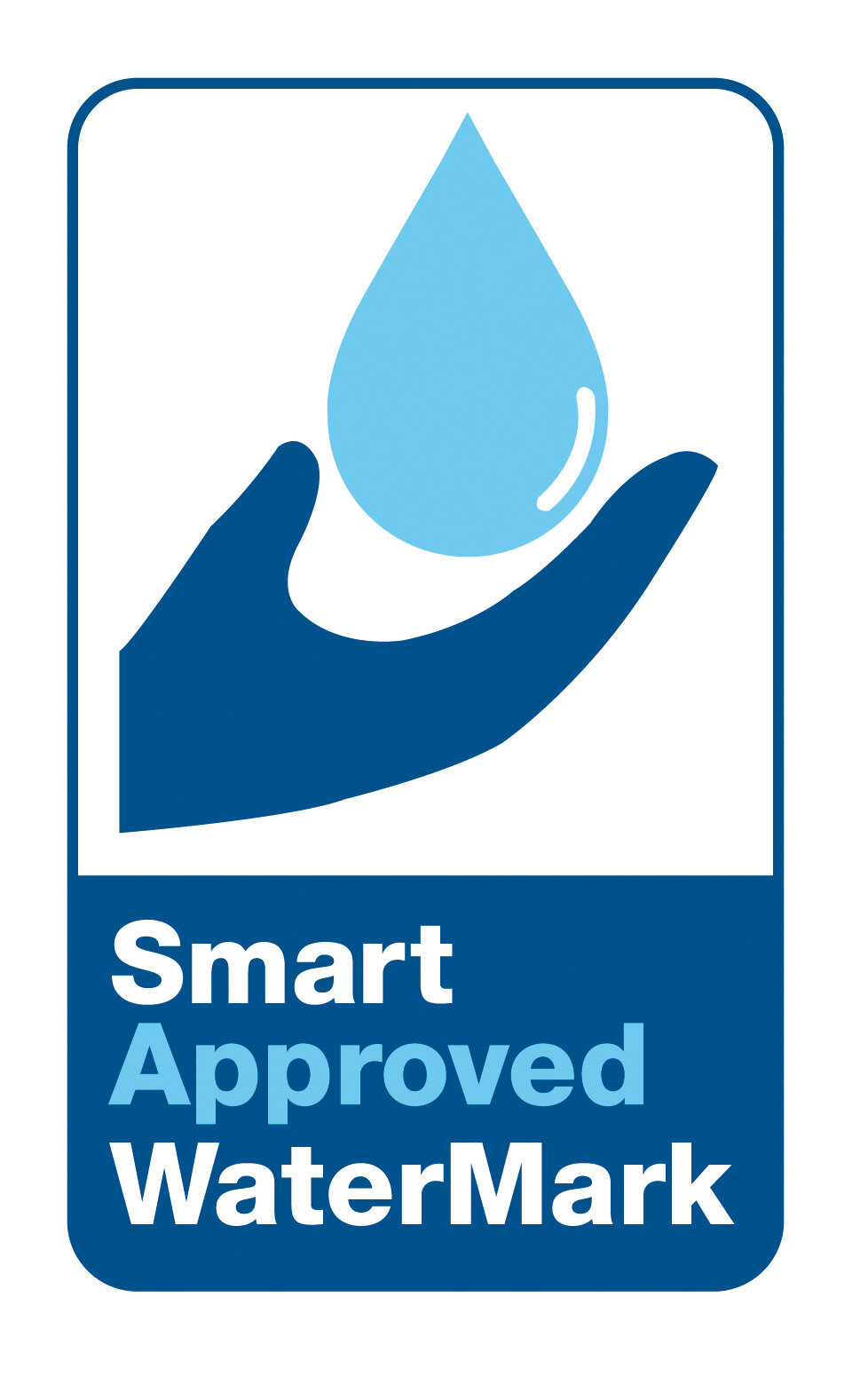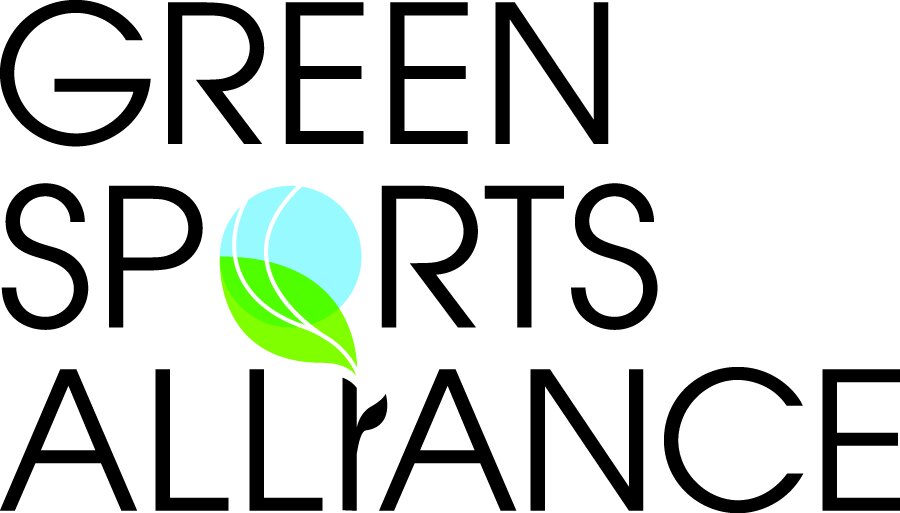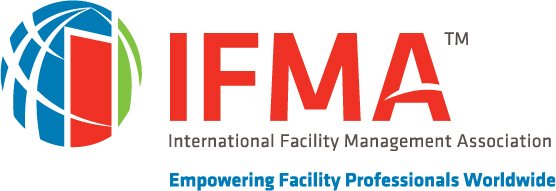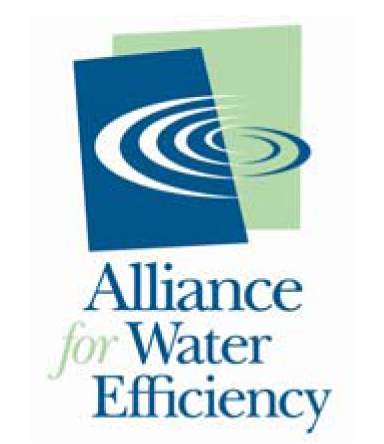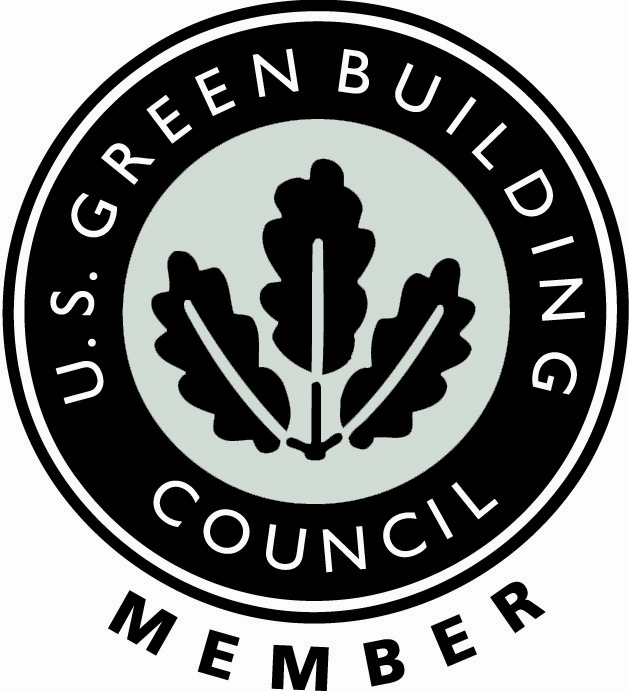With half of the country currently experiencing some form of drought, either limited to severe, this is a perfect time to think about ways to make restrooms greener and more water-efficient. The main reason for this is that we can expect water charges to start going up whenever there are drought conditions.
Plus, with more people going back to the workplace and back to school, a green restroom is typically a healthier restroom. We want to do everything possible in a post-COVID era to ensure restrooms, no matter where they are located, are clean, safe, and healthy as people return to the swing of things.
With all of this said, how do we go about making a restroom greener and save money too? Among the steps are the following:
Use green-certified cleaning solutions. These cleaning solutions have been independently tested and verified to help reduce cleaning's impact on the user and the environment. Plus, today’s green-certified cleaning solutions are very cost competitive.
Use disinfectants sparingly. In April 2021, the Centers for Disease Control and Prevention (CDC) said they are concerned that we are overusing disinfectants. Further, not only is this unnecessary, but the possibility of someone also getting COVID by touching a surface is remote. The problem with disinfectants is that they can be harmful to the user. Further, the CDC reports poisonings related to disinfectants have gone up since the pandemic began.
Install waterless urinals. When it comes to making restrooms greener, waterless urinals can serve us in two ways. There probably is no other building technology that can reduce water consumption as much as installing waterless urinals. Further, waterless urinals are healthier. By eliminating the "plume" of air released when a water-using urinal is flushed, this helps eliminate the chances of harmful pathogens being released into the air.
Sensor-Controlled Lighting. There is no reason for lights in restrooms to be left on all day. Sensor-controlled lighting helps save energy. Taking this a step further, LED light bulbs should be installed. They use less energy, generate more light, and last far longer than traditional light bulbs.
High-Efficiency Toilets – with Lids. We have discussed the need for high-efficiency toilets several times in our posts. These typically use less than the 1.6 gallons per flush currently mandated by law. However, due to COVID, we should add a lid to these toilets. The lid helps prevent plumes from escaping, as we referenced earlier. This makes for a healthier restroom.
TMV. Thermostatic mixing valves are not as standard in North America as in other parts of the world. These valves mix the hot and cold water feeds to a pre-set temperature. This way, when the faucet is turned on, the water is automatically at the correct temperature. We often waste water if we must wait for it to get warm or, just the opposite, get cold. TMV systems can help eliminate this problem. Further, they help prevent releasing water that is too hot and scolding.
Enhanced Ventilation. Restrooms are not always well ventilated. Today, not only do we need well-ventilated restrooms, but air systems should have enhanced air filtration systems, such as HEPA filters, if possible. These do not work with all HVAC systems. Another option is using UV-C systems that electronically clean air as it is being released into the restroom. These systems "zap" the air, killing pathogens in the process.
Taking these and many other steps will help keep restrooms cleaner, safer, and healthier. They should also help building owners cut operating costs and, if no-water urinals are installed, reduce water consumption dramatically. In other words, they have benefits all around.
Waterless Co., Inc is a pioneer in water efficiency. We are the go-to company when it comes to reducing water consumption, understanding the many benefits of waterless urinals, and finding ways to use water more efficiently. For more information, contact a Waterless Co Specialist.



